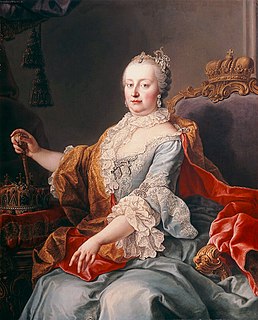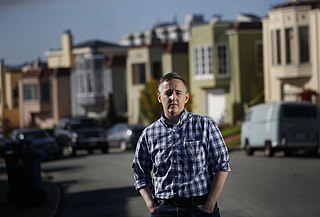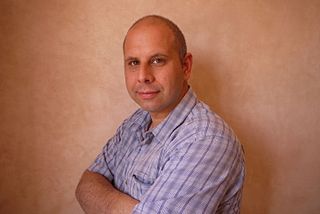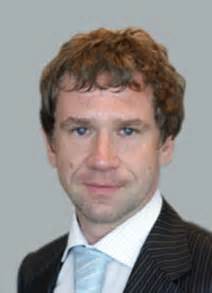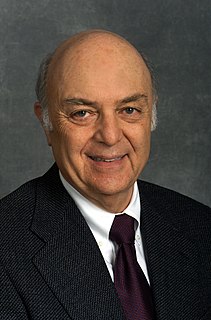A Quote by Andre Malraux
Could we bring ourselves to feel what the first spectators of an Egyptian statue, or a Romanesque crucifixion, felt, we would make haste to remove them from the Louvre. True, we are trying more and more to gauge the feelings of those first spectators, but without forgetting our own, and we can be contented all the more easily with the mere knowledge of the former, without experiencing them, because all we wish to do is put this knowledge to the work of art.
Related Quotes
I have always been interested in crafting films that use long, static urban landscape shots as a way of manipulating the emotions of the viewer and forcing them to slow down, which I think simultaneously makes them more vulnerable as spectators, and also puts them in a position of being more than just spectators.
These glorious things-words-are man's right alone...Without words we should know no more of each other's hearts and thoughts than the dog knows of his fellow dog....for, if you will consider, you always think to yourself in words, though you do not speak them aloud; and without them all our thoughts would be mere blind longings, feelings which we could not understand ourselves.
It would seem that if despotism were to be established among the democratic nations of our days, it might assume a different character; it would be more extensive and more mild; it would degrade men without tormenting them. I do not question that, in an age of instruction and equality like our own, sovereigns might more easily succeed in collecting all political power into their own hands and might interfere more habitually and decidedly with the circle of private interests than any sovereign of antiquity could ever do.
I am convinced that it is impossible to expound the methods of induction in a sound manner, without resting them upon the theory of probability. Perfect knowledge alone can give certainty, and in nature perfect knowledge would be infinite knowledge, which is clearly beyond our capacities. We have, therefore, to content ourselves with partial knowledge - knowledge mingled with ignorance, producing doubt.
Knowledge signifies things known. Where there are no things known, there is no knowledge. Where there are no things to be known, there can be no knowledge. We have observed that every science, that is, every branch of knowledge, is compounded of certain facts, of which our sensations furnish the evidence. Where no such evidence is supplied, we are without data; we are without first premises; and when, without these, we attempt to build up a science, we do as those who raise edifices without foundations. And what do such builders construct? Castles in the air.
To achieve accurate knowledge of others, if such a thing were possible, we could only ever arrive at it through the slow and unsure recognition of our own initial optical inaccuracies. However, such knowledge is not possible: for, while our vision of others is being adjusted, they, who are not made of mere brute matter, are also changing; we think we have managed to see them more clearly, but they shift; and when we believe we have them fully in focus, it is merely our older images of them that we have clarified, but which are themselves already out of date.
All good intellects have repeated, since Bacon's time, that there can be no real knowledge but that which is based on observed facts. This is incontestable, in our present advanced stage; but, if we look back to the primitive stage of human knowledge, we shall see that it must have been otherwise then. If it is true that every theory must be based upon observed facts; it is equally true that facts can not be observed without the guidance of some theory. Without such guidance, our facts would be desultory and fruitless; we could not retain them: for the most part we could not even perceive them.
Settling into a new country is like getting used to a new pair of shoes. At first they pinch a little, but you like the way they look, so you carry on. The longer you have them, the more comfortable they become. Until one day without realizing it you reach a glorious plateau. Wearing those shoes is like wearing no shoes at all. The more scuffed they get, the more you love them and the more you can't imagine life without them.
I feel that all knowledge should be in the free-trade zone. Your knowledge, my knowledge, everybody's knowledge should be made use of. I think people who refuse to use other people's knowledge are making a big mistake. Those who refuse to share their knowledge with other people are making a great mistake, because we need it all. I don't have any problem about ideas I got from other people. If I find them useful, I'll just ease them right in and make them my own.
The narrative fallacy addresses our limited ability to look at sequences of facts without weaving an explanation into them, or, equivalently, forcing a logical link, an arrow of relationship, upon them. Explanations bind facts together. They make them all the more easily remembered; they help them make more sense. Where this propensity can go wrong is when it increases our impression of understanding.
The true bounds and limitations, whereby human knowledge is confined and circumscribed,... are three: the first, that we do not so place our felicity in knowledge, as we forget our mortality: the second, that we make application of our knowledge, to give ourselves repose and contentment, and not distates or repining: the third, that we do not presume by the contemplation of Nature to attain to the mysteries of God.
Those who are not capable of sinning are said that they have attained freedom. The knowledge of the Truth raises them even more. This makes them both free and above this world. But only Love creates. He who became free thanks to knowledge, because of Love remains a slave of those who have not managed to attain the Freedom of knowledge yet. He brings the knowledge to them and this develops the latter because it calls them to the Freedom. Love takes nothing: how can it take something? Everything belongs to it. It does not say, "This is mine! And this is mine!" But it says: "This is yours!"
The museum is full of interesting things. All kinds of paintings are there. And then paintings too thick to put in a frame, that they call sculpture. And then there are spectators. with their scorecards, rooting for culture. And spectators of the spectators, looking for love's introduction. And art students taking notes. And old women trying to remember the past. And old men with too much to forget. And tourists, thinking that a museum represents a city. And loafers so poor, they study their soberness here.

